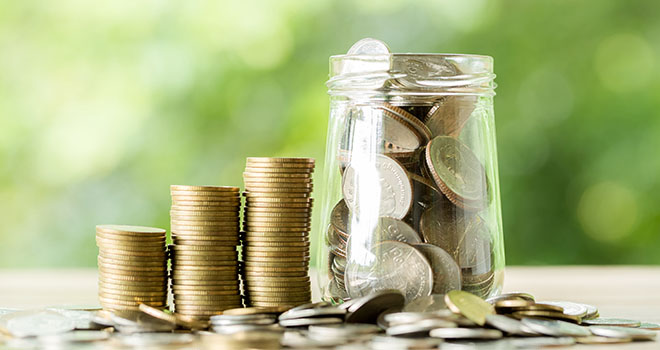“No matter how much you earn or own in wealth right now, you still need to make a plan to protect, grow and ensure the wealth you accumulate can continue to increase over time.”
Darius van der Walt, actuary and member of the Investments Committee of the Actuarial Society of South Africa (ASSA ) echoes this sentiment: “A common and unfortunate misconception is that investing is for the rich and that building wealth requires a sizeable amount of money.”
According to Van der Walt, time is a key factor when investing, because it enables compound growth. “The compounding effect over time is what significantly accelerates the growth of your investment.”
“While you (clients) definitely need some spare cash in order to invest, having a lot of time ahead of you is far more important than the amount of money you can spare every month. The earlier in life you start investing, even if it is a small amount, the bigger your nest egg will be when you need it most.”
Van der Walt quotes one of the world’s most successful investors, Warren Buffett, who credits his wealth to “a combination of living in America, some lucky genes, and compound interest”. While the first two could be considered either fate or luck, depending on your outlook, the power of compounding is available to anyone earning at least a living wage and willing to invest a portion for the long-term.
The power of compounding
To illustrate the benefits of compounding, Van der Walt calculates the following example, using the average returns (net of fees) achieved by unit trust portfolios in the South African Multi Asset High Equity category. These portfolios are best suited for long-term investing and are structured to earn both dividends and interest in addition to capital growth.
Example of how a R60 000 investment outperformed a R120 000 investment:
R60 000 example
- Starting at age 25, Anne started investing R500 a month in a SA Multi Asset High Equity portfolio.
- Over the next 10 years she invested a total of R60 000 and she also reinvested the income earned.
- She stopped her monthly investment at age 35, when her personal circumstances changed. Although she was no longer investing, she took the wise decision not to dip into her investment and left it to grow for another 10 years.
- At the end of February 2021, assuming the average return (net of costs) achieved by portfolios in the SA Multi Asset High Equity category, Anne’s investment was now worth R265 782.
R120 000 example
- Kaya only started investing at age 35.
- To make up for lost time he invested R1 000 every month in a SA Multi Asset High Equity portfolio for 10 years – a total of R120 000.
Comparison of investments
At the end of February 2021, when Anne and Kaya compared their investment returns, Kaya’s investment was worth only R174 290.
Van der Walt points out that Anne had accumulated R91 492 more than Kaya despite investing half as much, because her investment benefitted from an additional 10 years of compound growth. He explains that the compounding effect over 10 years would also have given Anne an advantage over Kaya, even if both had invested their money in a much less volatile portfolio like an SA Interest Bearing Money Market portfolio. Money market unit trust portfolios earn only interest and are not impacted by stock market volatility. Assuming the average return of portfolios in the SA Interest Bearing Money Market category, Anne’s R60 000 investment would have been worth R174 021 at the end of February 2021, and Kaya’s R120 000 investment would have been worth R168 078.
Compounding requires a long-term commitment
Van der Walt acknowledges that the past year has been incredibly tough for South Africans and job losses, salary cuts and an increase in living expenses is likely to have left consumers, and your client base, feeling despondent. “Tightening the belt even further to squeeze out another R500 for an investment is probably the last thing on everyone’s mind. The hard truth is, however, that the benefit of having savings and investments becomes most apparent when times are tough.”
According to Van der Walt the powerful effect of compounding applies to any amount invested, as long as the investment achieves capital growth and earns interest and/or dividends. “The more you are able to invest over a long period of time, the bigger the multiplying effect,” says Van der Walt.
Click here to download the media release that also includes another example as well as guidelines of becoming a successful investor.



